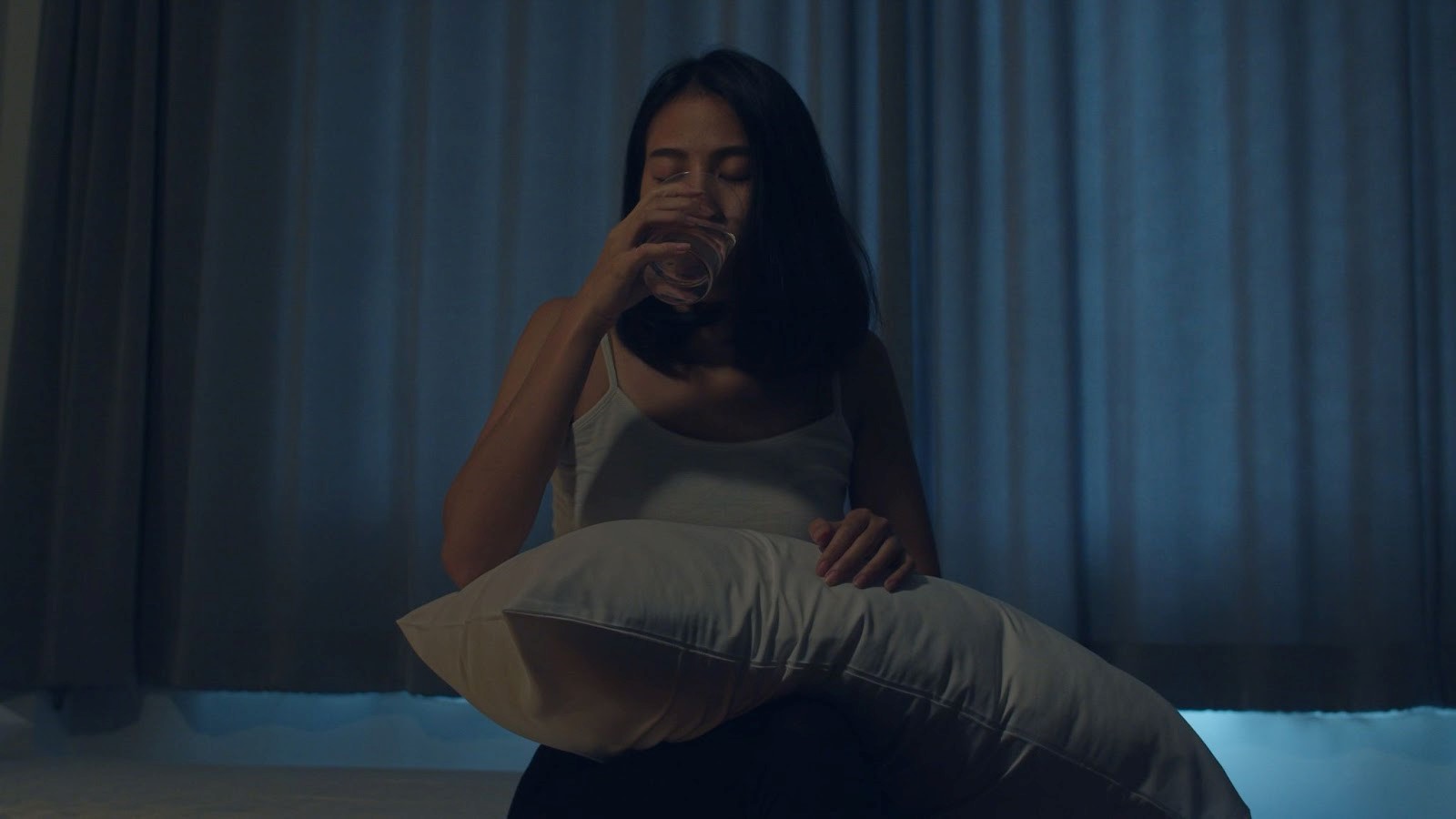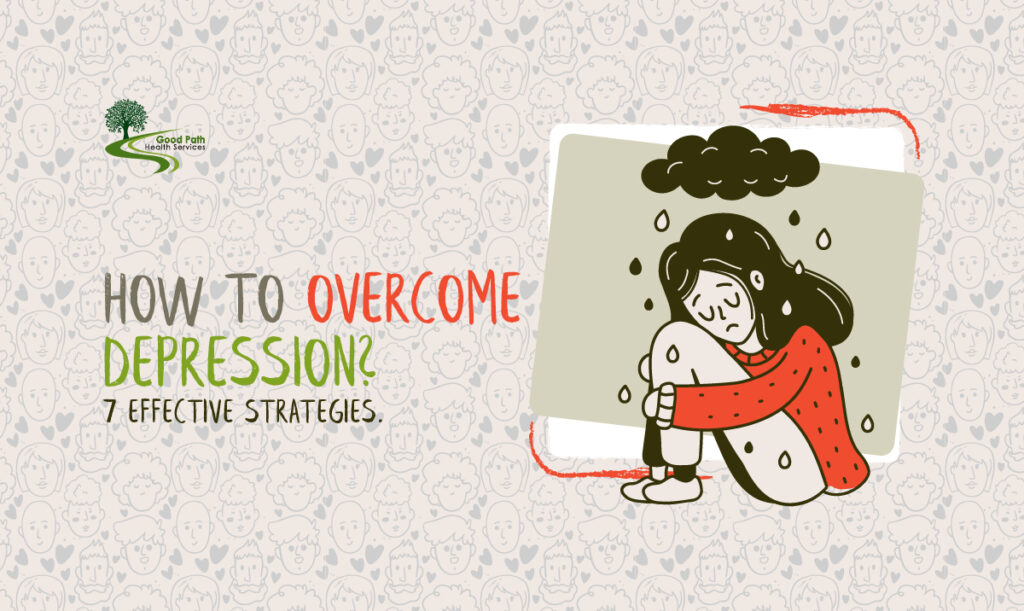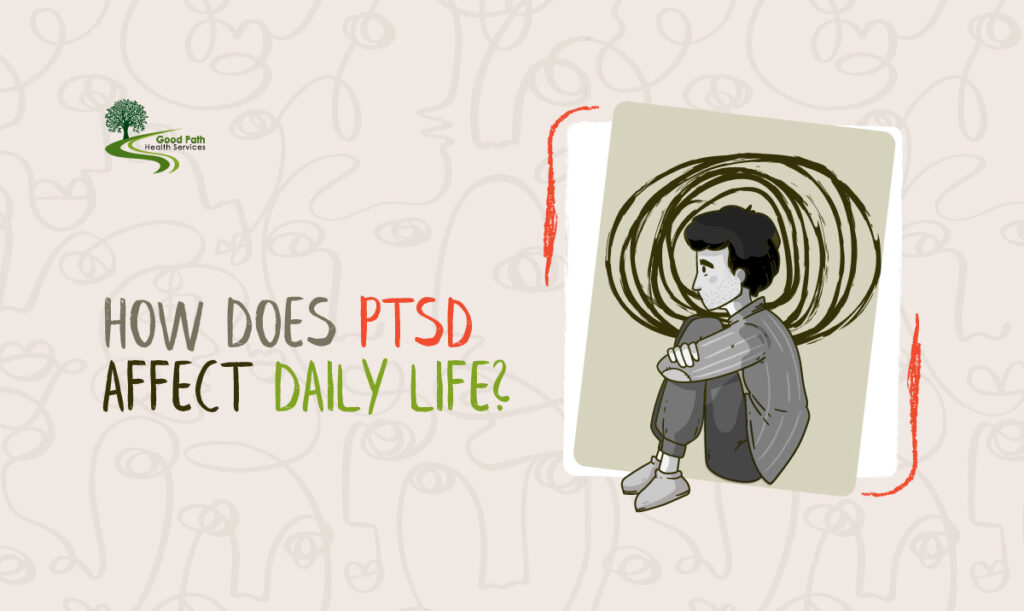
A lot of people enjoy a beer or glass of wine to unwind before bedtime. Yet, not many realize this habit may disrupt their sleep.
Can alcohol cause insomnia? Yes, it does. To ensure sound sleep, grasping alcohol’s impacts is vital.
How Alcohol Affects Sleep
Some people mistake alcohol for a sleep aid because it makes you drowsy.
Sure, it might make you fall asleep quicker, but it disrupts the sleep cycle, causing restless nights and poor sleep.
The Sleep Cycle Disruption
We all experience various stages in our sleep, like REM (rapid eye movement) and non-REM sleep.
Drinking might reduce your REM sleep. This stage is vital for our brains and overall health.
As your body breaks down the alcohol, it can wake you up and cause shallow sleep, contributing to insomnia alcohol detox.
Alcohol and Sleep Apnea
Drinking alcohol can worsen sleep apnea, a condition causing breathing interruptions during sleep.
Alcohol relaxes throat muscles, raising the chance of blockage. If you’re prone to sleep apnea, alcohol could worsen your alcohol withdrawal and insomnia experiences.
Can Alcohol Cause Insomnia? Understanding the Connection
People who have developed a dependency on alcohol often face a tough battle when they decide to quit.
This decision can result in withdrawal symptoms, one notable example is insomnia.
Does alcohol withdrawal cause sleeplessness? Absolutely.
When alcohol is suddenly absent from the body, it requires time to adapt. This adjustment phase can severely mess up your sleep rhythm.
How Long Does Alcohol Insomnia Last?
How long does alcohol insomnia last? It differs among people. It can last from a couple of days to multiple weeks. It depends on factors such as your alcohol usage, health, and lifestyle.
During this time, it’s crucial to nourish your sleep with good habits and perhaps professional advice.
Managing Insomnia During Withdrawal
Managing sleeplessness during withdrawal from alcohol is a serious challenge. Here are some tips that might help:
- Form a Sleep Pattern: Aim for consistent sleep and wake times daily. This helps set your body’s inner clock.
- Create a Restful Environment: Keep your room dark, cool, and quiet. You might want to use earplugs or a white noise device to reduce noise.
- Steer clear of Caffeine and Nicotine: Both are stimulants and might shake up your sleep routine.
- Practice Relaxing Activities: Yoga, meditation, or deep breathing before bed can quiet your mind.
The Bidirectional Connection Between Alcohol and Insomnia
There’s a two-way link between alcohol and troubled sleep. Can alcohol cause insomnia? Indeed, it can cause issues with falling asleep and staying asleep.
On the other hand, people struggling with insomnia might be inclined to use alcohol to self-medicate, leading to a harmful cycle.
Tackling the Root Issues
If insomnia affects you, it’s crucial to find any root issues.
Factors like stress, anxiety, depression, and poor sleep habits often trigger insomnia.
Dealing with these problems, partnered with a healthcare provider could be a major move towards improved sleep.
Insomnia Alcohol Detox: Finding Balance
If you’re considering detoxing from alcohol to improve your sleep, getting expert advice can make the journey easier.
A detox program designed for insomnia due to alcohol can offer the necessary support to handle withdrawal symptoms, including insomnia, effectively.
Seeking Help: When to Consult a Professional
Are you struggling with sleep even after shifting daily habits? It might be best to seek professional help.
A healthcare provider can review your situation and suggest suitable remedies or treatments, like cognitive-behavioral therapy for insomnia (CBT-I).
Final Thoughts
In short, can alcohol cause insomnia? It’s evident that alcohol significantly disrupts sleep.
By recognizing alcohol’s effects on sleep and proactively addressing it, your sleep quality and general health can be enhanced.
Take the Next Steps with Good Path Health Services
We comprehend the hurdles posed by insomnia and alcohol use at Good Path Health Services.
Our team is committed to offering individual care, and effective solutions for better sleep and overall health.
Whether you’re starting a journey to detox from alcohol or need help handling alcohol withdrawal signs, we’re here at every step.
Reach out to us now to learn more about us and how we can help regain your sleep and health control.
FAQs
-
Why do I get insomnia after drinking?
Drinking might lead to sleep problems. While alcohol can make you feel sleepy at first, it interferes with how you usually sleep.
It breaks up our sleep with frequent awakenings and messes up the important REM stage.
Once the alcohol effect decreases, you get more alert, and staying asleep gets difficult.
-
Can alcohol cause anxiety and insomnia?
Yes, it can induce both anxiety and insomnia. Despite seeming relaxing at first, it can unbalance brain neurotransmitters, potentially escalating anxiety after its effects diminish. This increased anxiety worsens your sleep, inducing insomnia.
-
Why is alcohol bad for your sleep?
It’s damaging to your sleep as it meddles with the sleep cycle. It might limit the beneficial REM sleep, leading to less reviving and more unsettled sleep. Alcohol might also loosen throat muscles, exacerbating conditions like sleep apnea, further affecting sleep quality.
-
Why can’t I sleep when I don’t drink alcohol?
If you’ve been using alcohol as a sleep aid, your body might become dependent on it for sleep.
On quitting, your natural sleep cycle takes time to re-calibrate, which initially causes difficulties in falling asleep.
This adjustment time might bring about temporary insomnia as your body re-adjusts.



